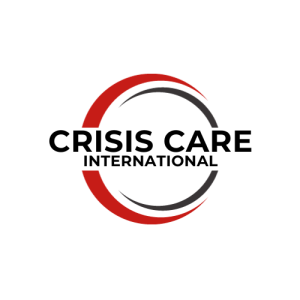
Friday Jun 20, 2025
Everyday Crises: Why Crisis Care Matters More Than You Think
In this inaugural episode of Crisis Care Conversations, psychologist Phil Monroe and therapist and crisis care specialist Stacey Sutherland invite listeners into a deep and practical discussion on what it means to understand, respond to, and support individuals and communities in crisis. Rather than limiting the concept of crisis to large-scale disasters or rare traumatic events, this episode explores the reality that crisis is far more common, personal, and persistent than many assume. With decades of combined experience in trauma care, mental health response, and humanitarian aid, the hosts emphasize the urgent need for crisis sensitive care—especially among lay responders and professionals alike. Through real-world stories and thoughtful definitions, they unpack what crisis and trauma truly mean, how they affect individuals and systems, and why well-intentioned help is not always enough. Learn more at www.crisiscareinternational.org
Episode Outline:
-
Welcome & Introduction
-
Introduction and purpose of this and future episodes of Crisis Care Conversation
-
-
What is a Crisis?
-
Defining crisis as a state of being overwhelmed
-
Differences between acute crises and long-term trauma
-
Community vs. individual crises
-
-
The Role of the Responder
-
Responders as potential secondary trauma victims
-
Importance of preparation, not just intention
-
-
Why Crisis Care Training Is Necessary
-
Gaps in foundational skills among helpers
-
Everyday need for crisis care principles, even outside of major events
-
-
Understanding Trauma
-
Defining trauma
-
Chronic vs. acute trauma experiences
-
The biological and emotional impacts of trauma
-
-
Trauma-Informed vs. Trauma-Sensitive Care
-
Why trauma-sensitivity goes beyond knowledge to embodied awareness
-
Emphasis on safety, choice, and understanding lived experiences
-
-
Real-World Example
-
Case story of a refugee mother and missed trauma signals
-
Importance of recognizing signs and offering choice in care
-
-
Closing Thoughts
-
Acknowledgement that everyone is still learning
-
Vision for empowering both professionals and community responders with practical, accessible tools
-
No comments yet. Be the first to say something!